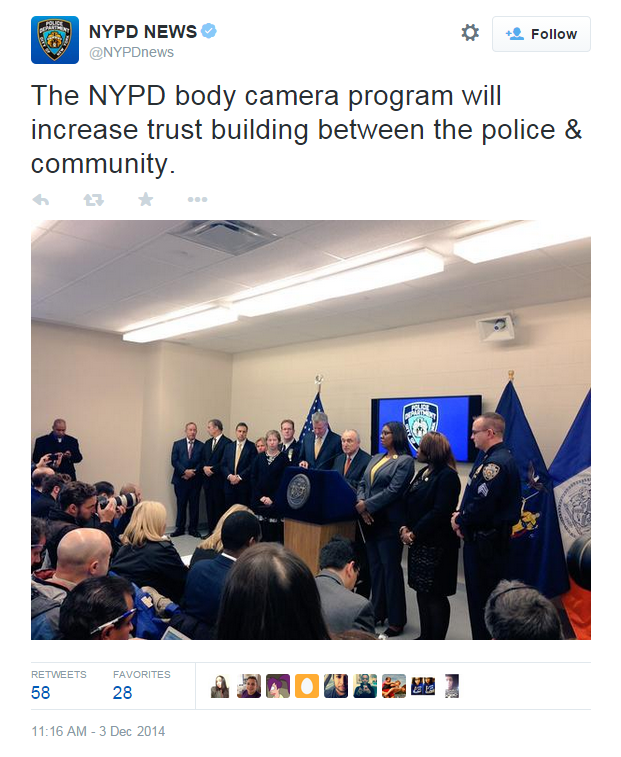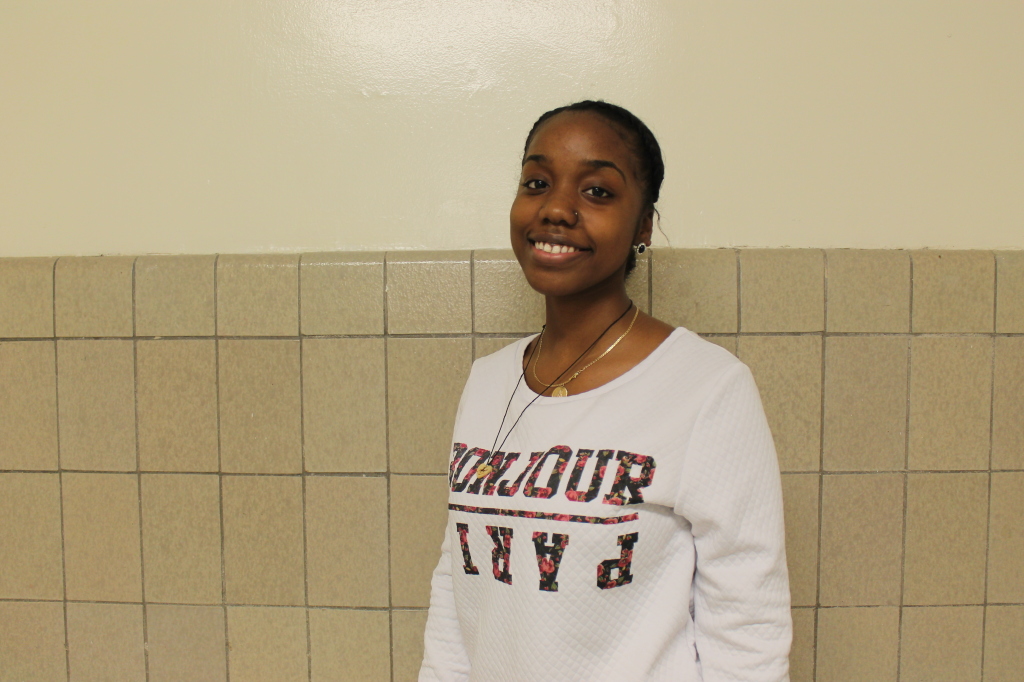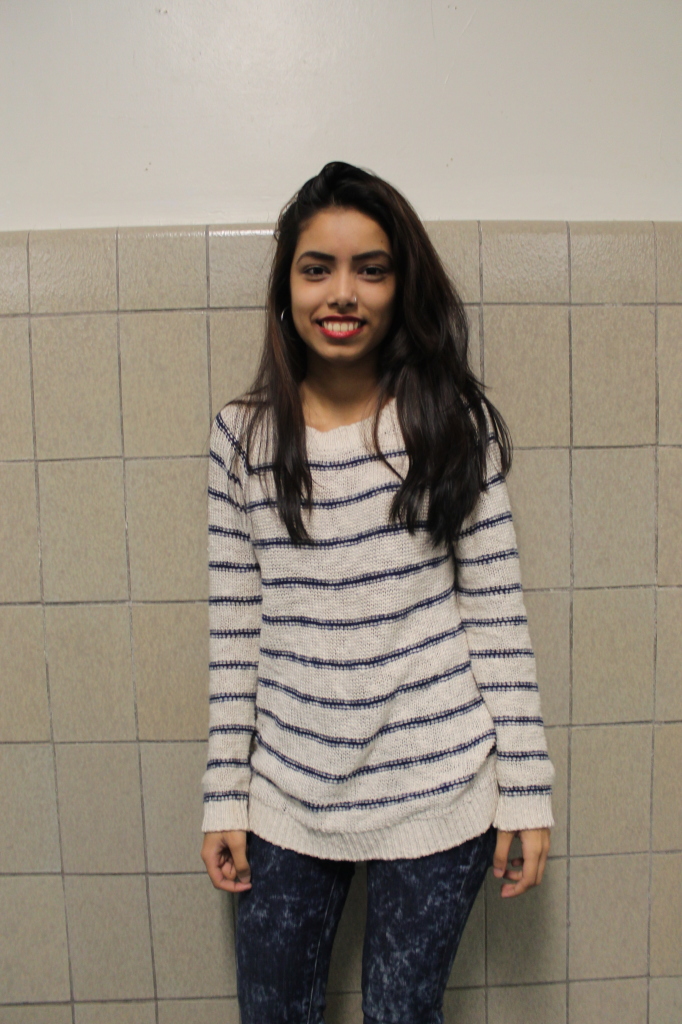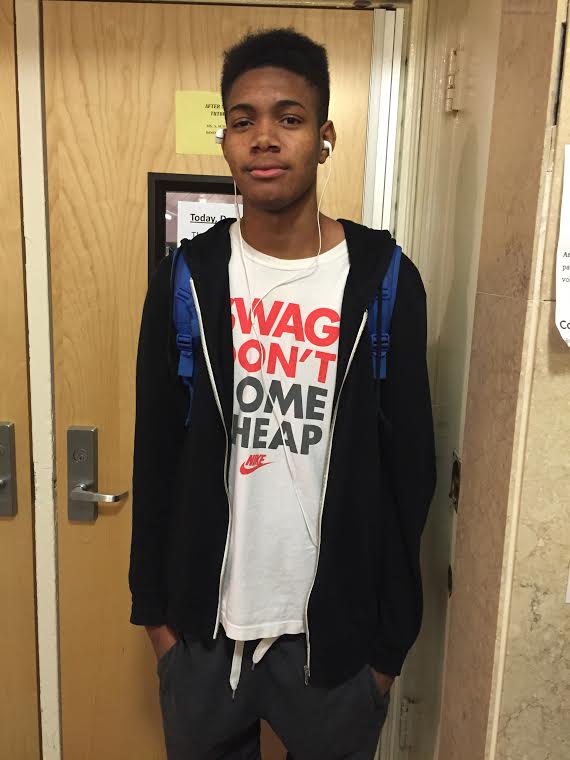By Beverly Danquah
Last year, a federal judge ordered the New York Police Department to test body cameras for one year in five precincts. This is seen as a way of evaluating their effectiveness in preventing unconstitutional stop-and-frisk interactions between officers and civilians. The court ordered an independent monitor to help set the policy for the cameras.
The body camera, a one-piece device from Vievu and a two-piece system from Taser International have separate battery and activation switches from the camera itself. The body cameras attach to the uniforms officers wear on patrol and can offer visual evidence in “he-said-she-said” encounters between the police and the public. Calls for all officers to wear them have increased following the fatal shooting by a white officer of the unarmed black teenager Michael Brown in Ferguson, Missouri last month.
Places picked to start testing the body cameras are East Harlem, the South Bronx, East New York, the Brownsville section of Brooklyn, the Jamaica section of Queens, and northeastern Staten Island, where Eric Garner, accused of selling loose cigarettes, died after suffering a police chokehold on July 17th of this year..
Eric Garner’s death was caught on video by Ramsey Orta, with Garner’s final words being “I can’t breathe.” It is clear that the officers who resorted to the choke-hold were at fault, so how effective will body cameras be if there has been visual proof in the past? One might say that the body cameras are acting as a placebo, in that they are being implemented to give the public a false sense of security. Nevertheless, the system still remains.
A “placebo” is a drug that is given to a patient to give them the idea that they will be healed or be helped to heal faster, yet it will not cure them. It is used only to give one hope and to mentally make one believe that they will be healed.
The cost of beginning this new program is $60,000, which, according to Police Commisioner Bratton, will be paid for by the Police Foundation, a nonprofit group that raises money for activities not covered in the department’s budget. The cost of storing the video and administering the program is expected to outstrip that initial amount quickly.
I interviewed three students on their thoughts about the recent testing of the body cameras. They are: Melanie Borges, a sophomore of Cuban-Italian descent; Shrabonti Das, a junior of Bengali descent, and DeQuentin Overton, a senior of African-American descent.
Q: Do you think the body cameras that the NYPD has implemented will be effective?
Melanie: Yes I do. It serves as primary evidence, rather than a s/he said s/he did.
Shrabonti: It will be effective. Officers can capture crime scenes up close, but I feel like the bigger problem is our law. A law that makes it okay for a white policeman to shoot a black man. These cameras will provide evidence for many cases and people will be careful with their actions but we need to work on fixing our laws. Segregation “ended” decades ago but it is still visible today.
DeQuentin: Yes, because a body camera will allow an outside party to view the situation from the cop’s point of view. From that viewpoint, deciding whether or not the situation seemed hostile would be easier.
Q: If video proof wasn’t effective in getting an indictment in the Garner case, what would be more effective about videos taken with this new system?
Melanie says: Wow, I didn’t really think about it that way. The NYPD has all their priorities screwed up. The evidence being right there, the judicial system still seems to favor the monsters we call our “heroes” today. I don’t think anyone can really feel safe again based on the reputation they gave themselves.
Shrabonti: I’m not sure to what extent videos and pictures can help if our law is blinded. But at least there will be evidence during most of the crime scenes and police officers will be more cautious about their actions. There might be no one around to watch or record evidence but the camera will do its work and it might just make our police force protect lives again instead of killing the innocent ones.
DeQuentin: The video was from an outsider’s point of view not the cop. There were a few people surrounding Garner and there is a chance, although it’s unlikely, that the policeman saw him reach for or do something, that’s hidden in the video
Q: Do you think body cameras will cause cops to think twice about their actions?
Melanie: Yes I do, because they’ll know their every move is being watched.
Shrabonti: It definitely will. They will be watched 24/7 with the cameras so they need to stay alert all the time and do their job well, which is to protect the people, not kill them. These cameras will hopefully bring us one step closer to justice.
DeQuentin says: Yes, they’ll be forced to follow protocol. Any mistakes they make will be recorded and they’ll be penalized. To avoid being penalized they’ll have to make fewer mistakes.



